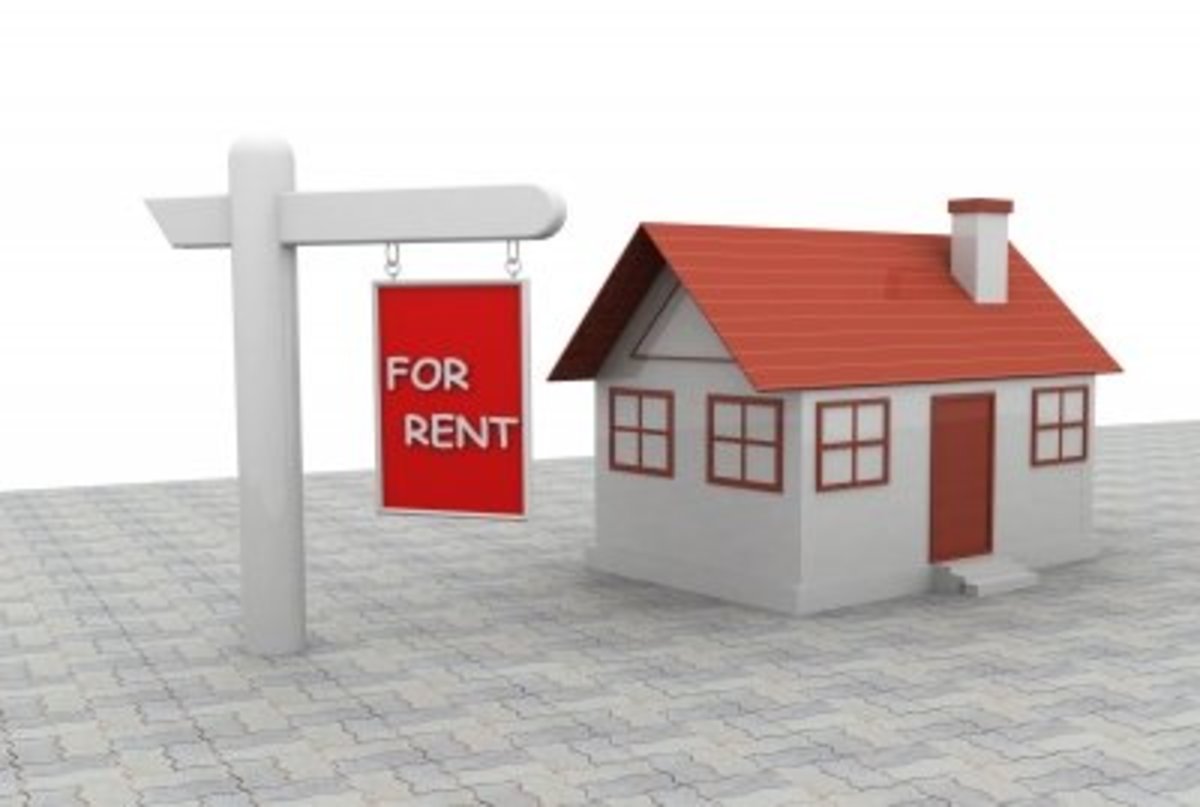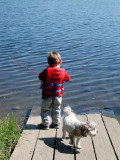5 Things Every First Time Renter Should Do
What to do before you rent or lease
Renting a home or office space the first time can be intimidating to anyone. If you are considering renting office apace or living space, there are several things you should be aware of before you start moving in furniture and personal items. Do not sign the lease agreement or rental contract without knowing your rights and what is expected of you.
Meet the neighbors.
While everything may look pretty and well kept on the outside, you never really know what your neighbors are like until you meet them. If you are renting in an area unfamiliar to you, it is very important to meet the neighbors and others who live on the block. It is also recommended that you visit the neighborhood at different times of the day and on weekends to get a true understanding of what goes on while you are at work, out for the evening or away for the weekend.
Read the contract carefully.
Check the contract for the basics, such as who is responsible for maintenance repairs, utilities, yard maintenance, etc. It is also important to read the small print. Some rental contracts prohibit roommates, visitors staying more than 14 days and all kinds of pets. Make sure you have a complete understanding of your rights before you sign the contract. Also check the contract for eviction rules and procedures, just in case you lose your income and can not longer pay the rent. Are payment plans available? How much is the damage deposit? What do you have to do to get your security deposit back? These are all points that should be covered in the contract.
Learn the Landlord Rules.
All landlords have pet peeves that may or may not be set out in the contract. Some landlords say the front lawn must stay green, watered and mowed, while they don’t really care about the back lawn dying. Ask your landlord what kind of problems they had with previous tenants; this will give you a good idea of what they expect (and don’t want) from you.
Get personal belonging insurance.
Renters insurance is a must for anyone renting a home or privately owned condo. The landlord does not carry insurance on your personal property, should it get damaged in a flood, fire or other unexpected disaster. They will also not cover injuries to your visitors should they be hurt inside your home. It is your responsibilities to protect your things and your friends; Renter and Condominium Insurance it NOT going to be overly expensive. When you buy your policy, have a copy of the landlord’s liability policy available as your agent will want to see that policy.
Know where the emergency shut off valves are located.
If there is a fire, earthquake, wind or lightening storm, you will need to know where the gas and electric shut off valves are located. In the event of a pipe breaking or leaking, you must know where the water shut off valve is and what tools you will need to turn off the water. Many people rent an office or home and never learn where the main circuit breakers are. Or they know where the breakers are, but they do not know which breakers go to their unit. For the safety of you and your family, make sure you know how to turn off all the utility valves (water, gas and electric) before disaster strikes.
Following these five guidelines will not prevent every problem you may experience as a renter or lease holder but they will help ensure piece of mind and if followed through, protect you when you need it the most. So get to know the neighbors, read the contract, understand your responsibilities, insure your stuff and learn all you can about the property you are going to rent before you move that first box into your new place.






